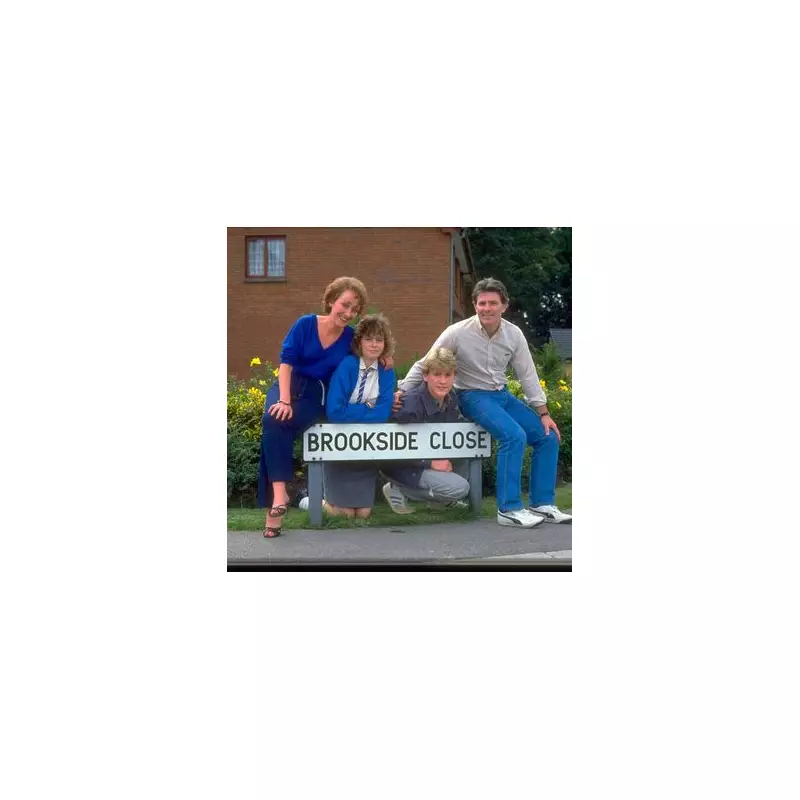
Three decades after they first burst onto our screens from their famous Liverpool close, the Corkhill family from Brookside remain etched in British television history. But what extraordinary paths did the actors behind these iconic characters take after leaving the soap?
Ricky Tomlinson: From Building Sites to Hollywood Sets
Who could have predicted that Bobby Corkhill would become one of Britain's most beloved character actors? Ricky Tomlinson's journey from the Brookside Close to starring alongside Hollywood royalty is nothing short of remarkable.
After his controversial departure from the soap, Tomlinson's career skyrocketed. He delivered unforgettable performances in The Royle Family as Jim Royle and appeared in major films like Mike Bassett: England Manager. His distinctive Liverpool accent and everyman charm made him a national treasure.
Sue Johnston: From Soap Mother to National Treasure
As Sheila Grant, Sue Johnston portrayed one of British television's most realistic mothers before her character evolved into Sheila Corkhill. Her post-Brookside career has been nothing short of spectacular.
Johnston achieved legendary status as Barbara Royle in The Royle Family and has graced numerous prestigious productions including Downton Abbey and Waking the Dead. Her ability to bring depth and authenticity to every role has made her one of Britain's most respected actresses.
Simon O'Brien: From Teen Heartthrob to Property Mogul
As Damon Grant, Simon O'Brien captured the hearts of teenage viewers across the nation. But his career took an unexpected turn after leaving the soap that made him famous.
Rather than pursuing acting, O'Brien reinvented himself as a successful television presenter on shows like BBC's The Holiday Programme. He later transitioned into property development, proving that life after soap stardom can take surprising and successful directions.
An Unexpected Brookside Legacy
The Corkhill family's impact extends far beyond their time on Brookside. Their storylines tackled groundbreaking issues that were rarely discussed on television in the 1980s, from unemployment to complex family dynamics.
What's particularly remarkable is how each actor carved their own unique path after the soap, demonstrating that breakout roles can be springboards to diverse and fulfilling careers rather than typecasting traps.
The enduring appeal of these characters speaks volumes about the quality of writing and performances that made Brookside must-watch television and cemented the Corkhills in the hearts of British viewers forever.





